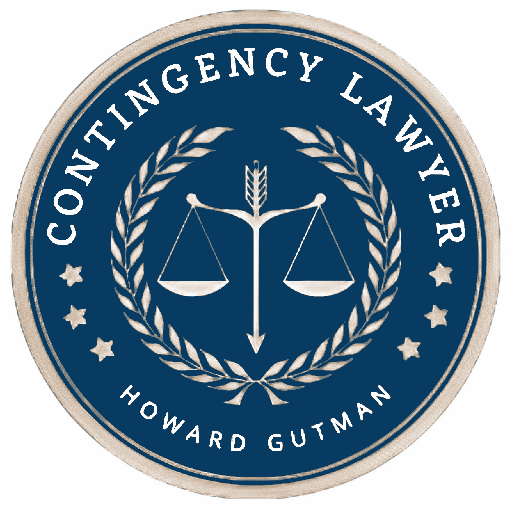Our office handles whistleblower and wrongful discharge claims on a contingency basis in New Jersey and New York, including Sarbanes-Oxley claims. The New Jersey Whistleblower law prohibits retaliatory action against an employee who objected to, or refused to participate in, an activity, policy, or practice, which the employee reasonably believes:
(1) is in violation of a law, rule, or regulation promulgated pursuant to law,
(2) was fraudulent or criminal, or
(3) is incompatible with a clear mandate of public policy concerning the public health, safety or welfare, or protection of the environment.
N.J.S.A. 34:19-3
In a typical case, the employee is not permitted to continue employment in a manner which complies with applicable laws. The employee may have contacted or discussed their concerns with a governmental agency and faced retaliatory conduct. Here are some factors used to evaluate a whistleblower claim.
1. Wrongful Conduct or Personal Dispute
The first question is: what was the employee complaining about? In the ideal case, they complain about a demonstrably unlawful practice that poses some type of substantial danger. A simple case is easier to litigate and explain to a jury or judge. For example, a chemist is asked to adulterate a product presenting a health risk and violating multiple regulations, or a trucker notices travel logs are fabricated to provide longer working hours. In contrast, an employee may complain about an arbitrary or unfair practice that does not violate a law. If Manager Smith favors his lazy nephew on some jobs, it may not be nice, but might not violate any law.
2. Complaints to Management and Government Entities
Management frequently professes to be surprised at claims. Is there evidence to support the claim, such as documents, emails, or memos?
3. Discharge
Generally, cases where the employee has been terminated are the easiest to evaluate.
4. Damages
Has the employee been unable to find another job, or are they now working at another position at a comparable salary? Is mental injury claimed? How can that be shown?
FREE INITIAL CONSULTATION
We offer a free initial telephone consultation to discuss your claim. Please feel free to call or e-mail our office.
If you believe you have a whistleblower or wrongful discharge claim, contact us today for a free consultation. We are ready to help you pursue your claim on a contingency basis and seek justice for any retaliatory actions you have faced.
Website Keywords: Whistleblower claim, Whistleblower contingency agreement, Wrongful discharge lawyer, Age discrimination law, Litigation lawyer, Employment law claims, Contingency lawyer







Leave a Reply
You must be logged in to post a comment.